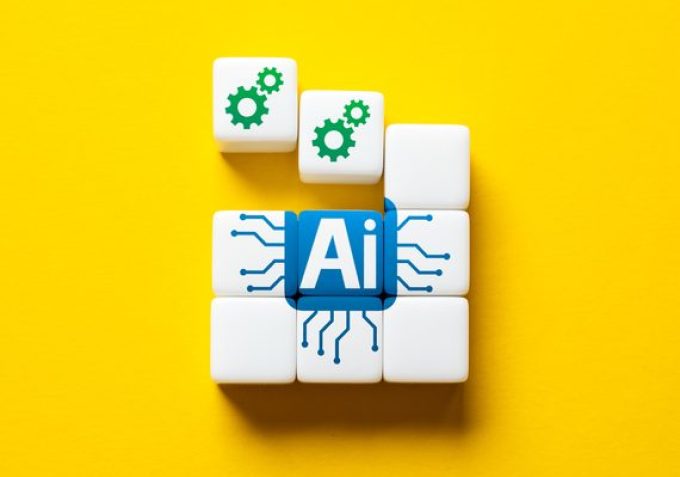Prologis – 'Water is building behind the dam'
…when will it break?

The disparity between the relentless hype and its present limitations has left most people sceptical of the promise of artificial intelligence.
Still, experts predict an imminent revolution as it takes a role in procurement and supply chain management, with some firms ’wading ...

Comment on this article